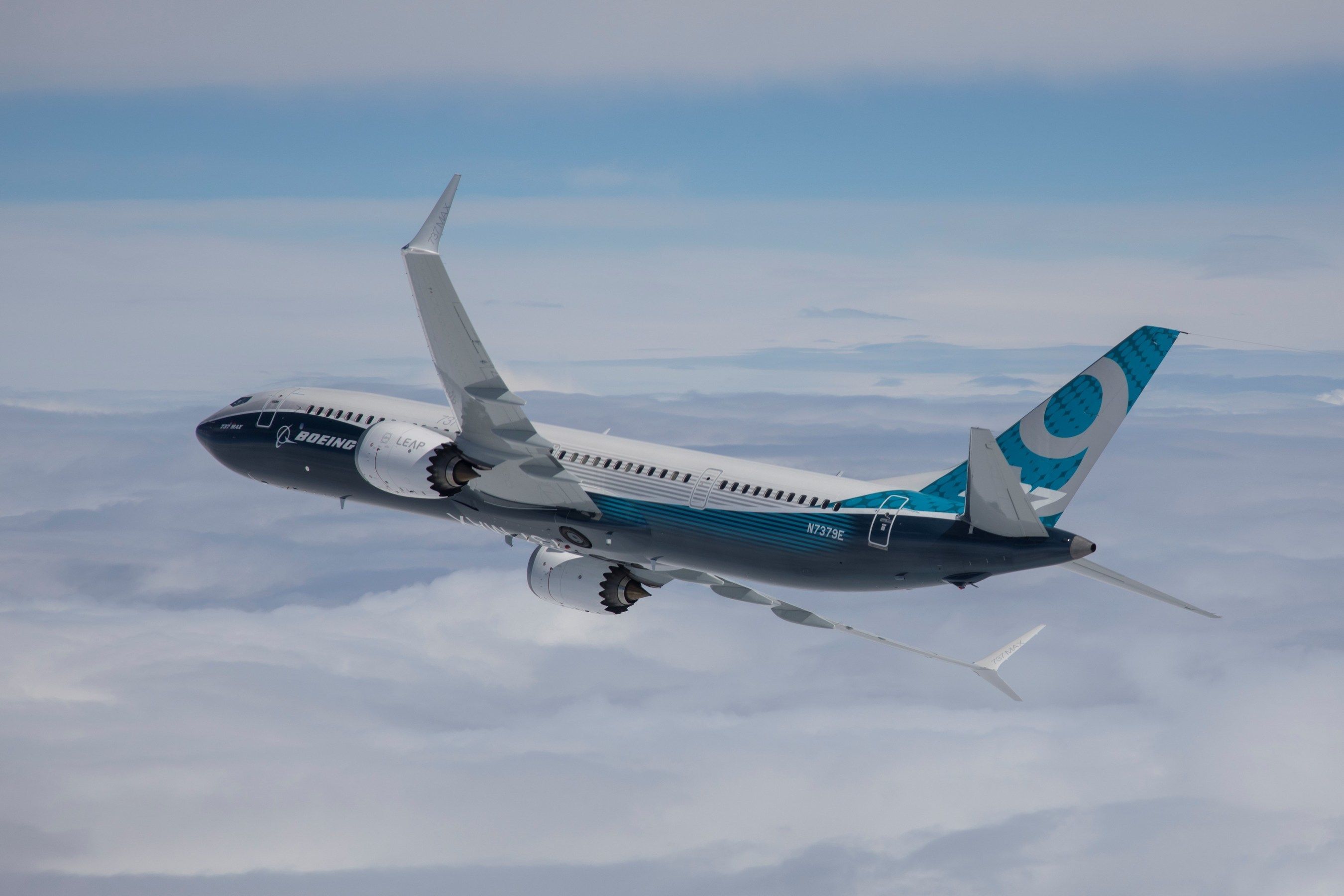Summary The NTSB suspects Boeing of workplace retaliation after two employees were moved from their Renton facilities to Everett facilities. Boeing denies retaliation claims, stating that company policy does not allow workplace retaliation and prevents staff from being penalized for unintentional mistakes. Boeing, in recent months, has improved channels for staff to come forward anonymously and report safety concerns.
A statement released by the NTSB indicates that the American aircraft manufacturer Boeing might have retaliated against two of its employees who worked on the door plugs of the Alaska Airlines aircraft that suffered a panel blow-out mid-flight earlier this year. Boeing, meanwhile, maintains its position that no retaliative actions were taken as the company has a strict policy to prevent such situations. Under investigation During the second half of a 48-hour hearing regarding the panel blow-out suffered by an Alaska Airlines Boeing 737 MAX 9 earlier this year, the Hastings Tribune reported that the Chair of the US National Transportation Safety Board (NTSB) , Jennifer Homendy, commented that Boeing's decision to move two of its employees, who worked on door plugs, from the manufacturer's Renton facility to Everett facility appears to be a retaliative move.

The two-day hearings will continue on August 7, with the NTSB continuing to interrogate Boeing, Spirit AeroSystems, FAA, and other stakeholders. In response, Boeing stated that it did not retaliate, as the company's policy prohibits any retaliation and prevents the issuance of disciplinary actions against employees making unintentional mistakes. Despite this policy, Boeing appears to have transferred the two employees in question from its Renton factory to its facility in Everett.
Additionally, the two staff members have reportedly been placed on administrative leave, at least until the investigation is complete. Homendy stated that thus far, there has not been any evidence to suggest that the workers' mistakes, which resulted in the panel blow-out, were intentional. A recurrent point A point that came up multiple times during the hearing was about the company staff accusing Boeing of workplace retaliation, similar to accusations made against Boeing for years now.
This includes staff and whistleblowers who came forward after the two crashes of the Boeing 737 MAX aircraft in 2018 and 2019, and the increasing number of whistleblowers who have come forward regarding the safety concerns at the company since the door plug incident in January. Reports suggest that the Federal Aviation Administration (FAA) data indicates an increase in the utilization of its hotline reserved for whistleblowers by employees from Boeing and its supplier, Spirit AeroSystems. Furthermore, the NTSB's interviews revealed that some staff members were also afraid to raise safety concerns because they feared retaliation or action against them.
While it is important to investigate and find the root cause of any safety issues or concerns in the aviation industry, it has always been recommended that any organization (whether an airline, manufacturer, or supplier) must maintain a "Just Culture". The UK CAA has documented the definition of Just Culture as the following: "A culture in which front-line operators or other persons are not punished for actions, omissions or decisions taken by them that are commensurate with their experience and training, but in which gross negligence, wilful violations and destructive acts are not tolerated" Making things better Paul Wright, the Senior Director for Boeing's Safety Management System (SMS), stated that the organization has taken steps in recent months to improve channels for employees to safely and anonymously report safety concerns. Boeing states that the new system, "Speak Up", allows Boeing to gather data from the reports to identify the type of hazards and know when and where it occurred, which allows for a quicker response to employee concerns.
The Speak Up channel for anonymous reporting of concerns has reportedly received more than 2,000 reports so far this year. Overall, the report states that the NTSB plans to conduct a survey of Boeing's safety culture at the manufacturer's Renton facility and has asked Boeing to commit to allowing the survey to be carried out without interference. The National Transportation Safety Board (NTSB) hearings regarding January’s Alaska Airlines Boeing 737 MAX 9 door plug blowout continued on Wednesday.
Throughout the hearings, we have learned that Boeing's leadership is looking for the company to redesign the mid-exit door plug on the model. Meanwhile, NTSB chair Jennifer Homendy scrutinized Boeing's safety culture. Moreover, it has been highlighted that Alaska Airlines flight attendants were worried that passengers had been ejected following the blowout.
What are your key takeaways so far? Let us know what you think below!.



















